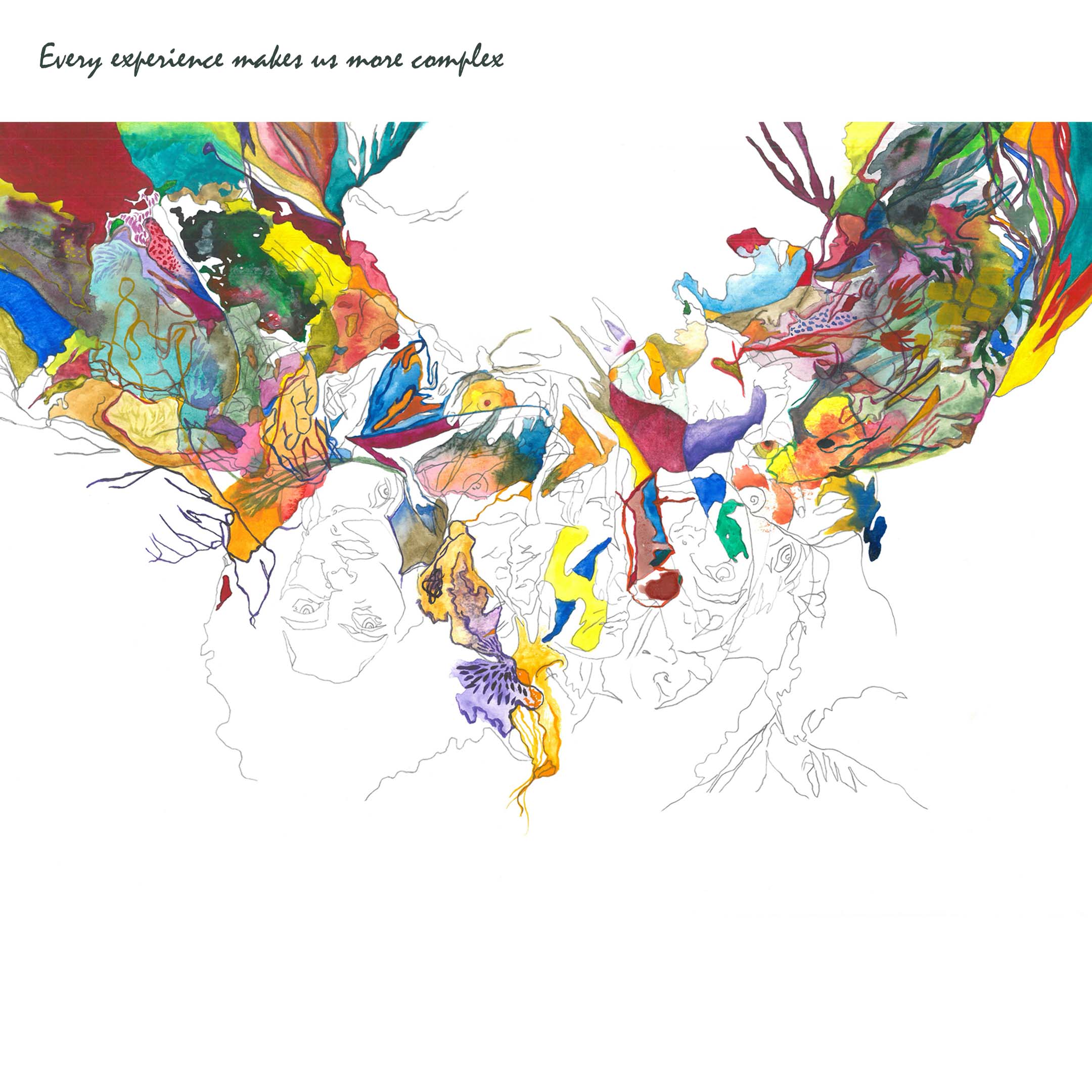The Scandinavian code of conduct «jantelagen» encourages modesty, conformity and goodness. Swedish feminist and anti-racist punk rapper Silvana Imam celebrates the exact opposite: pride, individuality, and diversity, as shown in the multi-faceted documentary Silvana by Mika Gustafson, Olivia Kastebring, und Christina Tsiobanelis.
«Do not think that you are special or better than us!» This statement sums up the central theme of a code of conduct called the «jantelagen», or Law of Jante, commonly used as a term to describe a condescending attitude towards individual success and personal ambition in Nordic countries.
The code originated in the satirical novel A Fugitive Crosses His Tracks, written by Dano-Norwegian author Aksel Sandemose in 1933. Set in the fictional Danish town Jante, the novel describes the inhabitants’ attitudes, and contains a list of ten rules that are variations of the theme: «do not think that you are special, better, smarter, or more important than us!» Although the origin of the term is not necessarily well known, the law itself is often brought up in discussions focusing on a mentality prevalent in Nordic countries.
Praise of Diversity and Individuality
The work of queer hip-hop artist Silvana Imam can be seen as a clear challenge to such a code. Imams brand of queer feminism is explicitly sexual and based in praise of diversity and individuality. With the titles of her albums and tours she advocates (queer) empowerment, as her representation of queerness provides positive recognition, both of and for her fans. An album she released in 2014 was called «När du ser mig – se dig» (when you see me – see yourself), with an accompanying tour entitled «Jag ser dig» (I see you). However, Imam revolts against more than just heteronormativity: she also speaks from a position outside of Swedish mainstream culture in terms of whiteness.
In her song lyrics, such as, for instance, the song «Hon va» (she was), Imam specifically stresses her migrant background; her mother is from Lithuania, her father is of Syrian descent, and the family came to Sweden in 1990 («hon va fyra år när hon kom hit / till Kiruna bagage utan flyttbil» – she was four years old when she arrived here / to Kiruna, luggage, without a moving truck). Growing up in a suburb of Stockholm, Imam was teased for her «strange» last name that made her different. However, in a Swedish context, the Law of Jante is explicitly based on the idea of not being special. It can therefore be argued that the Law does not apply to Imam, or others marked as «different», and thereby «special» to begin with.
Resisting Jante Through Rap
The biographical movie Silvana Imam – väck mig när ni vaknat (Silvana Imam – Wake Me Up When You Have Woken Up) contains several themes and scenes that can be understood through such a lens. Painting a close and personal portrait of the artist, the film charts Imam’s rise to fame against the backdrop of her family history, and her relationship with singer Beatrice Eli.
It shows an unapologetically opinionated artist on a mission of queer empowerment, an artist who is aware of the «jantelagen» that warns her not to think that she is «special or better than us». In one of the film’s initial scenes, we meet Imam in a recording studio, listening to a radio program in which she is announced as the artist of the year for 2016. Reacting to the announcement she exclaims: «What kind of a fucking country is this where it’s wrong to admit you are great? It’s fucked up! I’m just so great!»













